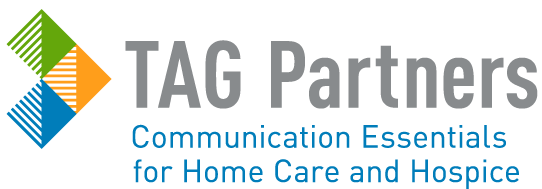Focus your attention on neurology this March by highlighting Brain injury awareness month. It is an opportunity to share how home health, private duty, and hospice services benefit those suffering from brain injury. Each March the Brain Injury Association of America leads the charge to raise awareness about the lasting effects that brain injuries have on patients and their families.
Home care agencies routinely care for patients who have experienced brain damaging events. Many of these patients can make partial or nearly full recovery with proper care. These case treatments require a multifaceted team effort. Select print media that highlights the many ways that home health and hospice assist patients and their families struggling with brain injury:
Improved quality of life
Pain Management
Speech Therapy
Physical Therapy
Occupational Therapy
Patient Education
There are multiple benefits for referring physicians too:
Reduced readmissions
Reduced emergency room visits
Up to date clinical assessment
Better case management
Streamlined care plans
Increased revenue through care plan oversight billing
Mild brain trauma affects brain function temporarily where as more serious injuries can result in physical damage to the brain leading to disability or death. Injuries which cause extensive loss of brain function with a deteriorating condition likely to result in loss of life within six months can receive quality end of life care with a hospice provider.
Lasting effects from serious brain injury:
Cognitive Deficiency
Motor or Perceptual Sensory Deficiency
Language impairment
Epilepsy
Death
Supply the neurological specialists in your service area with print media that highlights the advantages of including home health, private duty, and hospice as part of the brain injury team. Visit Tagwebtore.com for all your home care print media.


